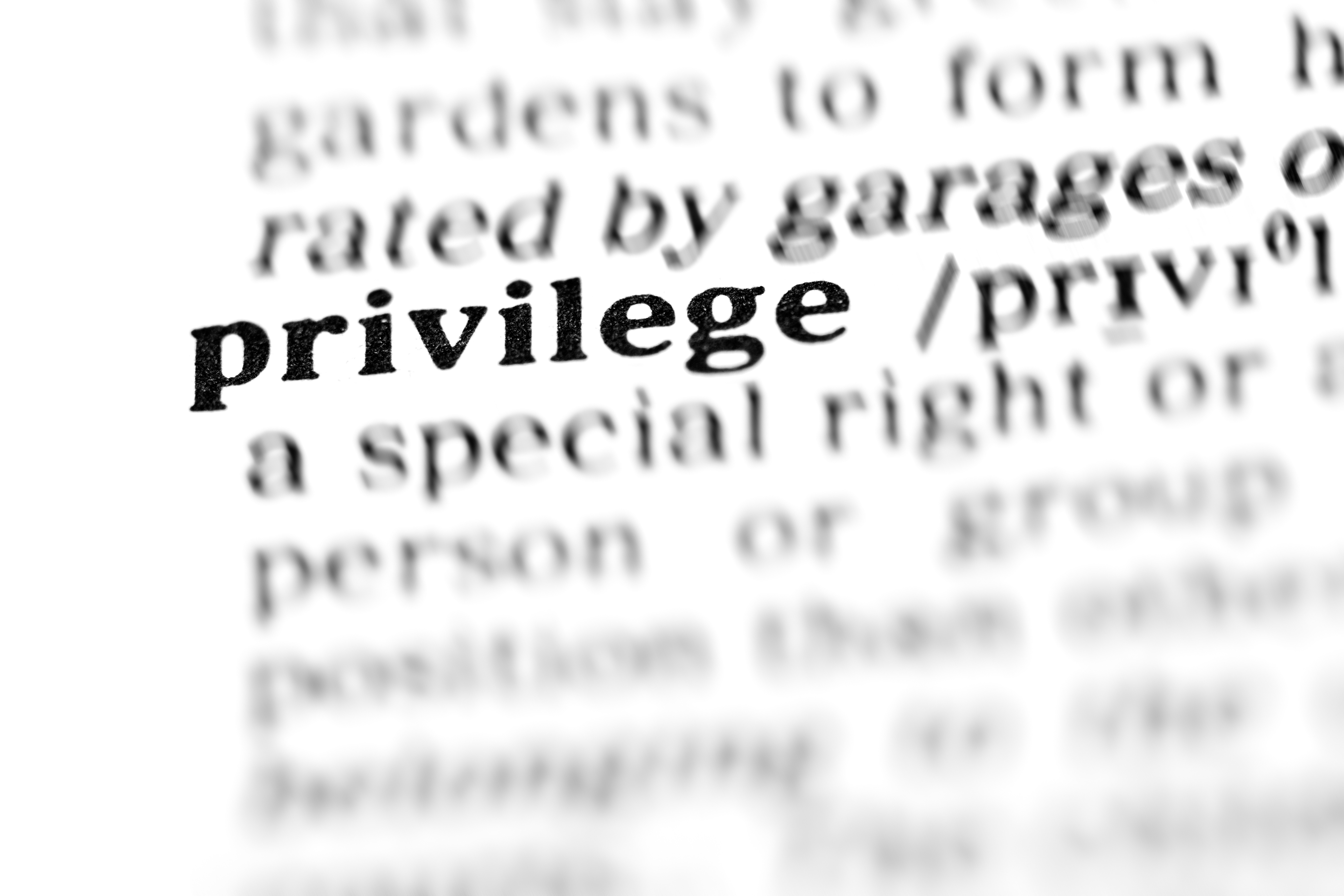
New Grove Dictionary of Music and Musicians (2nd ed.). Theory and Method in Historical Ethnomusicology Lanham, MD: Rowman&Littlefield. McCollum, Jonathan and Hebert, David, Eds., (2014).Cambridge, Mass.: Harvard University Press. Urbana, Ill.: University of Illinois Press.

Thus, ethnomusicological studies do not rely on printed or manuscript sources as the primary source of epistemic authority. Musical fieldworkers often also collect recordings and contextual information about the music of interest. In addition, many ethnomusicological studies share common methodological approaches encapsulated in ethnographic fieldwork, often conducting primary fieldwork among those who make the music, learning languages and the music itself, and taking on the role of a participant observer in learning to perform in a musical tradition, a practice Hood termed “bi-musicality”. It is agreed upon that ethnomusicologists look at music from beyond a purely sonic and historical perspective, and look instead at music within culture, music as culture, and music as a reflection of culture. While there is not a single, authoritative definition for ethnomusicology, a number of constants appear in the definitions employed by leading scholars in the field. Over time, the definition broadened to include study of all the musics of the world according to certain approaches. In fact, the field was referred to early in its existence as “comparative musicology,” defining Western musical traditions as the standard to which all other musics were compared, though this term fell out of use in the 1950s as critics for the practices associated with it became more vocal about ethnomusicology’s distinction from musicology.

When the field first came into existence, it was largely limited to the study of non-Western music-in contrast to the study of Western art music, which had been the focus of conventional musicology. This disciplinary variety has given rise to many definitions of the field, and attitudes and foci of ethnomusicologists have evolved since initial studies in the area of comparative musicology in the early 1900s. Combining aspects of folklore, psychology, cultural anthropology, linguistics, comparative musicology, music theory, and history, ethnomusicology has adopted perspectives from a multitude of disciplines. Stated broadly, ethnomusicology may be described as a holistic investigation of music in its cultural contexts. \( \newcommand\) - The didgeridoo and clap stick players of the One Mob Different Country dance troupe at the Nightcliff Seabreeze Festival


 0 kommentar(er)
0 kommentar(er)
